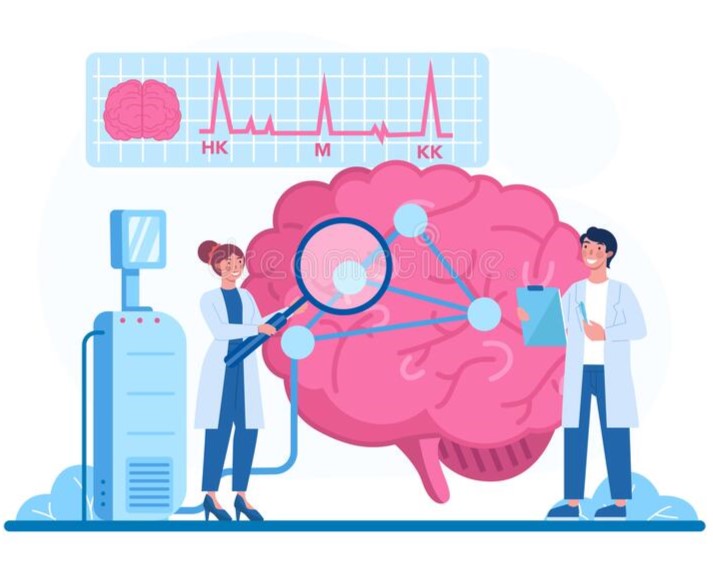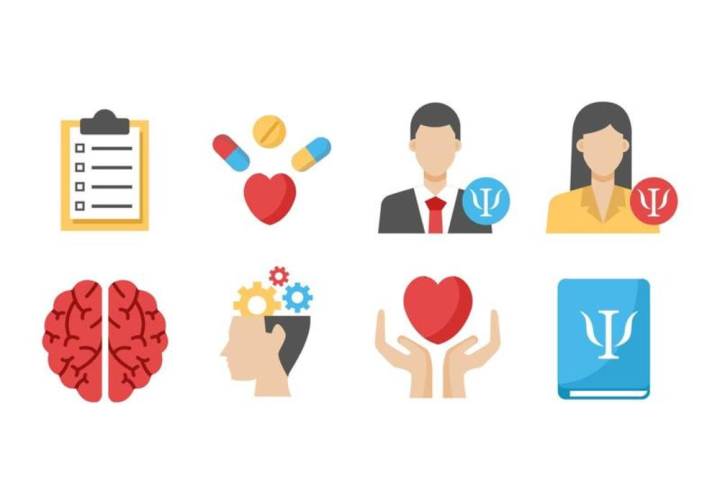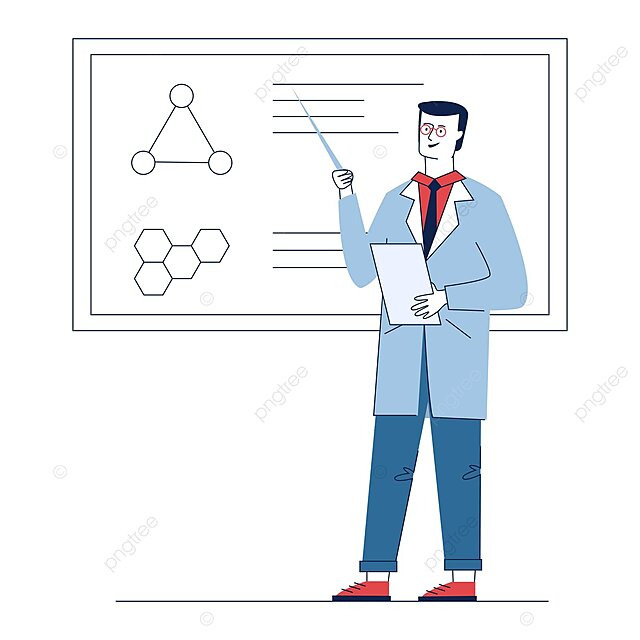A degree in psychology from opens the door to a myriad of compelling career opportunities, where graduates can apply their knowledge and skills to make a meaningful impact on individuals and communities.
Industrial-Organizational Psychologist
Applying psychological principles to the workplace, industrial-organizational psychologists focus on improving organizational effectiveness, employee satisfaction, and workplace dynamics. They may consult with businesses, government agencies, or non-profit organizations.
Counseling and therapy roles allow graduates to work with diverse populations, helping individuals cope with life's challenges, manage stress, and improve their overall well-being. Opportunities exist in schools, community centers, rehabilitation facilities, and private practices.
Counselor or Therapist

Human Resources Specialist
With a deep understanding of human behavior, psychology graduates are well-suited for roles in human resources. They can contribute to employee well-being, organizational development, and talent management, ensuring workplaces foster positive environments.
Graduates interested in the intersection of psychology and biology can pursue careers as neuropsychologists. They study the relationship between brain function and behavior, often working in research, healthcare, or rehabilitation settings.
Neuropsychologist

Educational psychologists work in academic settings, supporting students, teachers, and parents. They address learning difficulties, assess educational programs, and contribute to the development of effective teaching strategies.
Graduates can pursue a career in clinical psychology, providing therapeutic interventions to individuals dealing with mental health challenges. Whether in private practice, hospitals, or mental health clinics, clinical psychologists play a vital role in helping clients navigate and overcome psychological issues.
Clinical Psychologist

Researcher or Academician
For those passionate about advancing psychological knowledge, a career in research or academia may be appealing. Graduates can contribute to groundbreaking research, publish findings, and educate the next generation of psychologists.
Combining psychology and the legal system, forensic psychologists work in criminal justice settings, assessing individuals involved in legal cases. They may provide expert testimony, conduct evaluations, and contribute to criminal profiling.
Forensic Psychologist

Community and Social Services
Graduates can pursue roles in community organizations, social services, and non-profit agencies. They may work on issues such as homelessness, substance abuse, or domestic violence, applying their psychological expertise to create positive social change.
Health psychologists focus on the interplay between psychological factors and physical health. They work in healthcare settings, developing interventions to promote healthy behaviors, manage chronic conditions, and enhance overall well-being.
2
Health Psychologist

The field of psychology offers a rich needle point of career options, allowing graduates to choose paths that align with their passions and interests. Whether in clinical practice, research, education, or organizational settings.









